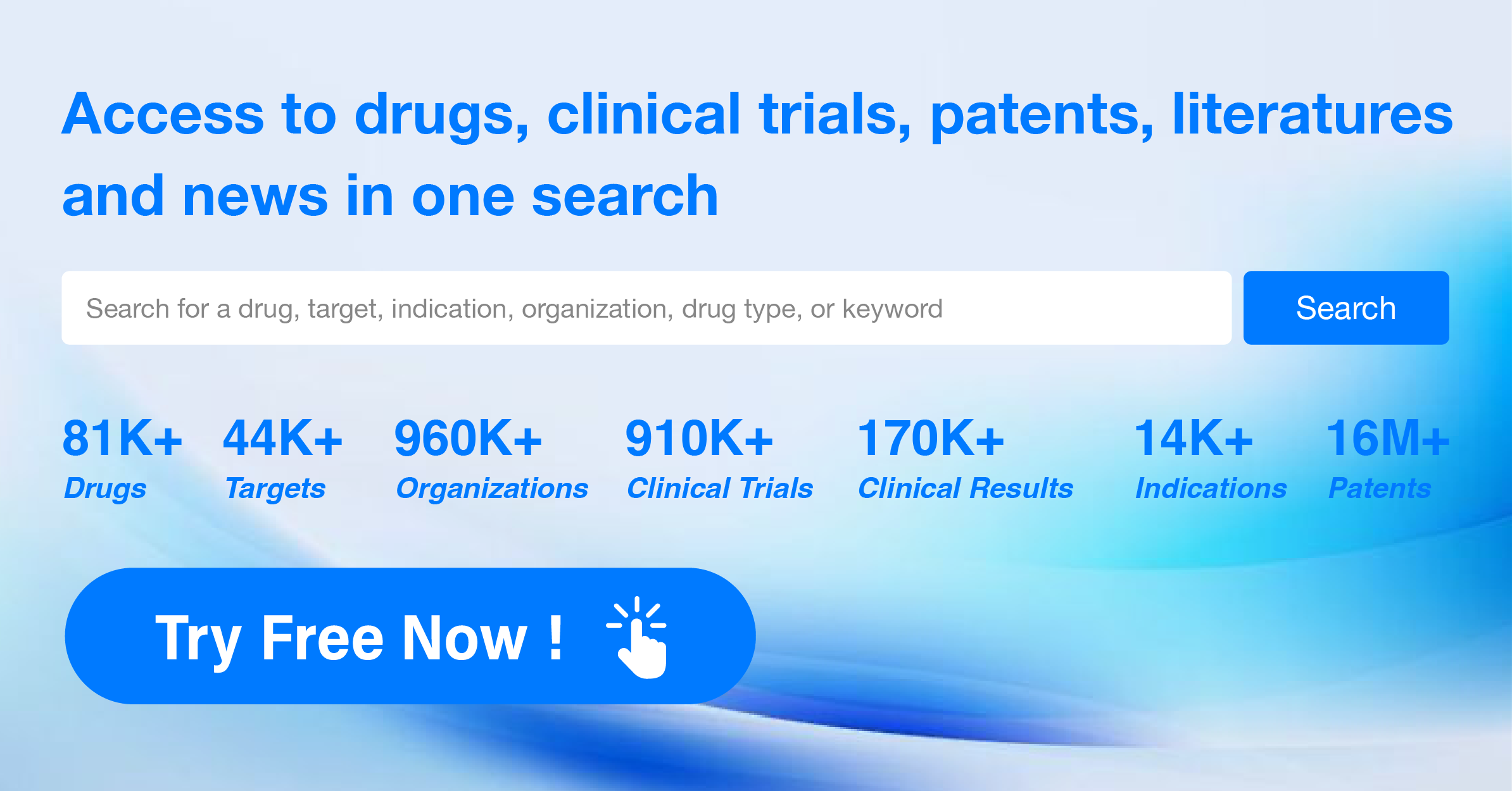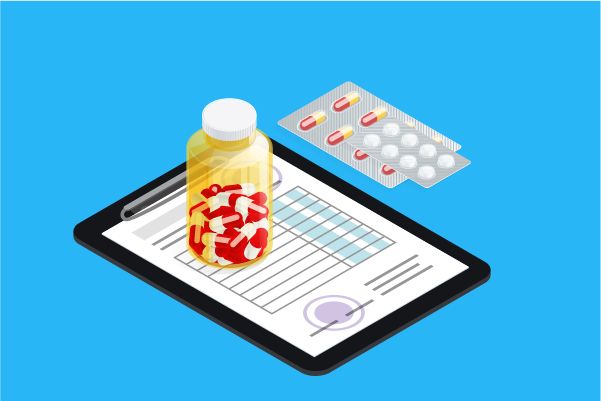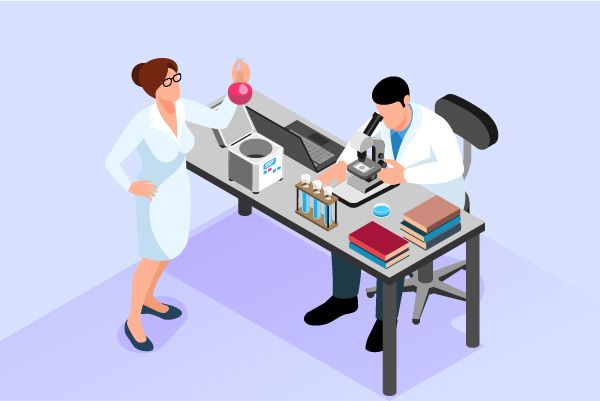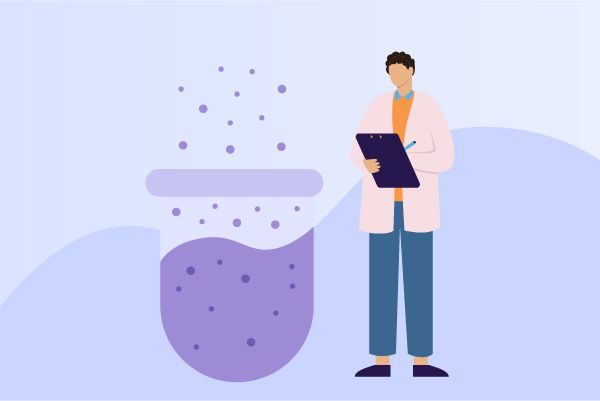What is Active Pharmaceutical Ingredient?
Active Pharmaceutical Ingredient (API) refers to the main substance in a drug that provides the therapeutic effect. It is the chemical component responsible for the drug's efficacy and is the primary constituent that interacts with the body to treat, prevent, or diagnose a disease or condition.
Key points about APIs include:
·Therapeutic Effect: The API is the key player in producing the desired medicinal effect and is carefully selected or designed to interact with biological targets, such as enzymes, receptors, or proteins.
·Formulation: APIs are often combined with other substances, known as excipients, to create the final dosage form of a medication, such as tablets, capsules, or injections.
·Purity and Quality: The purity and quality of APIs are critical to ensure the safety and efficacy of the final drug product. Manufacturing APIs requires strict adherence to quality control and regulatory standards.
·Regulation: APIs are subject to regulatory oversight to ensure they meet the required standards for safety, efficacy, and quality. Regulatory authorities, such as the U.S. Food and Drug Administration (FDA), evaluate and approve APIs before they can be used in medications.
·Development: The development of a new API involves extensive research and testing to discover or synthesize a compound with the desired therapeutic properties and to determine the appropriate dosage and administration method.
·Patents: Many APIs are protected by patents, which give the developer exclusive rights to produce and market the API for a certain period, allowing for recovery of the research and development costs.
APIs are the basis for the pharmaceutical industry, and their discovery and optimization are central to the development of new medicines.




